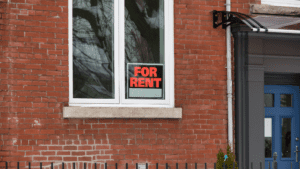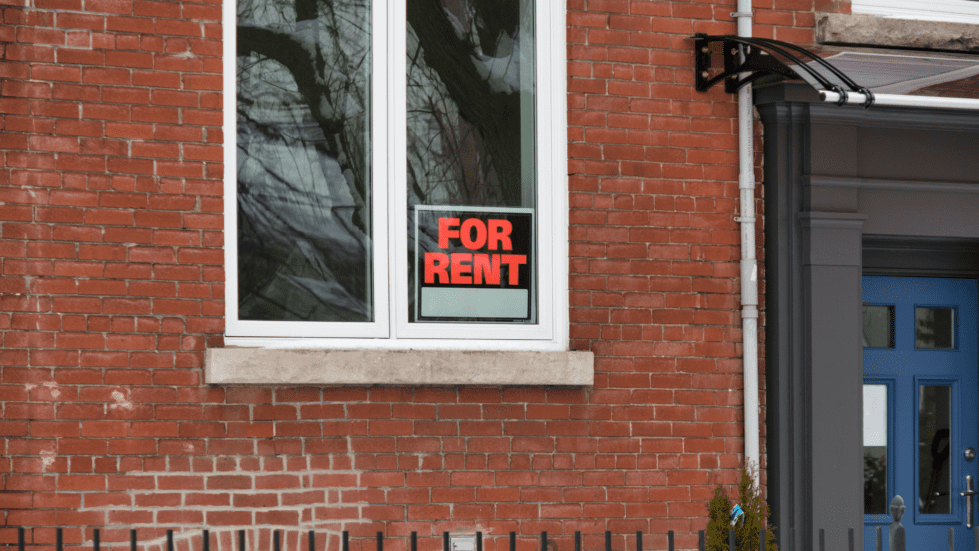
A bill that would allow tenants to stop paying rent when a landlord doesn’t make critical repairs didn’t make it out of committee Tuesday.
A proposed bill that would allow tenants to stop paying rent when life- or safety-threatening issues had not been repaired failed to pass out of committee Tuesday.
House Bill 37, sponsored by Rep. Sherry Dorsey Walker, D-Wilmington, drew praise from both sides of the aisle as well as from apartment associations and others who deal with renters for wanting to help.

Sherry Dorsey Walker
However, many also worried that parts of the bill were covered by or conflicted with existing state law, could be misused by tenants or would severely impact landlords who only dealt with a small number of apartments.
After an hour and one-half hearing that included extensive questioning by Housing committee members and public comment, neither proponents nor opponents could muster the seven votes needed to table the bill or to release the bill to the house floor. Three of its members were absent.
It was not immediately clear what will happen to the bill, although many speakers offered to work with Dorsey Walker to strengthen the bill.
Walker and others repeatedly cited the horror last year of 27 families whose Wilmington apartments on Adams Street were summarily condemned and locked after years of complaints about the safety of the buildings.
They had not way to get into the building to get their belongings and, with no warnings, they had no place to go.
If those tenants had been able to legally stop paying rent, it would have forced the landlord’s hand, Dorsey Walker and others said.
HB37 would have given tenants the right to stop paying rent, citing the failure to fix life- or health-threatening conditions.
It also allowed renters the choice of paying into a court-controlled escrow fund each month instead of paying the landlord. If the landlord didn’t fix the problems within 90 days, the rent reverted back to the renter instead of going to the landlord.
Under HB 37 the tenant could not simply stop paying. The tenant would be required to notify the landlord in one of three ways before taking that action. The bill also would create choices for a court to choose from when considering the case.
“What we have found in the state of Delaware is people only respond when their pockets have been affected,” Walker said.
She said the bill is meant to impose meaningful sanctions on those who allow dangerous conditions and defects to exist in rental property. Cosmetic or aesthetic conditions are specifically barred for action under the bill.

Jeff Spiegelman
Rep. Jeff Spiegelman, R-Clayton, said that if the bill worked as described it would be a good and useful bill.
But, he said, he was concerned that someone who couldn’t pay their rent might deliberately damage something like a furnace and then claim they didn’t have to pay because of that.
Dorsey Walker asked him whether removing the clause that allows renters to just stop paying would make Spiegelman more comfortable and more likely to vote for the bill.
He said he’d have to look at the rest of the bill.
Spiegelman later said that he thought the bill should include a clause requiring the tenant to document the damage with photos, if possible. Dorsey Walker said she was open to that.
Scott Kinder, who said he was speaking on behalf of the Apartment Association, testified in public comment that the bill was not going to do what Dorsey Walker wanted it to do.
It conflicts with the current landlord tenant code, he said.
Kinder also said that Wilmington courts already work with escrow accounts, so there’s no reason to create a mechanism that allows more.
In what became a recurring offer, Kinder said he would welcome working with Dorsey Walker to change the bill to make it meaningful and to accomplish what she would like to.
Debra Burgos of the Delaware Apartment Association also said the bill would conflict with current law.
“We really need to work together … to create a streamlined process so we are helping those that are most vulnerable and need the help and we are penalizing landlords that need to be penalized if they’re not taking care of the property,” she said.
Agreed: Tenants need help
Sonia Starr of Housing Alliance Delaware said that Delaware has a shortage of 18,148 affordable and available rental homes for extremely low income renters. There are 26,430 of those households and only a fraction can find a place to live.
Many are living in their cars or sleeping in unsafe places.
HB37 would help those people who can find a place. If they stop paying the rent now, they can be kicked out. But if they can pay into a court escrow account, they cannot be turned out of the apartment, she said.
Evelyn Nestlerode of the Delaware Administrative Office of the Courts repeated that the bill would conflict with existing state law and noted it would be “quite resource intensive.” Its fiscal note said it would cost the state $269,993 in 2024, $549,746 in 2025 and $560,721 in 2026.
She noted that while the bill called for the courts to appoint a special administrator, the courts don’t have the authority to appoint one.
ALSO FROM LEG HALL: A bill to raise unemployment payments blew through committee
ALSO FROM LEG HALL: A House bills seeking to reduce vehicle noise moves to Senate
Sarah Ryan, managing attorney of Legal Aid, said they “enthusiastically support the development of a robust rent escrow process in Delaware.”
Delaware courts now are back to an average of 43 days between filing a case and eviction, she said, rebutting a real estate representative who said it was taking 175 days.
“We believe that this bill is everything that needs to be, but that there might be some changes that need to be made,” Ryan said. “We want it to be funded. We want there to be a clear process. We want the process to properly function.”
This part of law is complex, she said.
“The bill is currently drafted. We know that there are some issues. But we also see that in the same bills as the landlords are concerned about having unintended consequences on landlords, there might be unintended consequences on tenants,” she said.

Betsy Price is a Wilmington freelance writer who has 40 years of experience, including 15 at The News Journal in Delaware.
Share this Post




